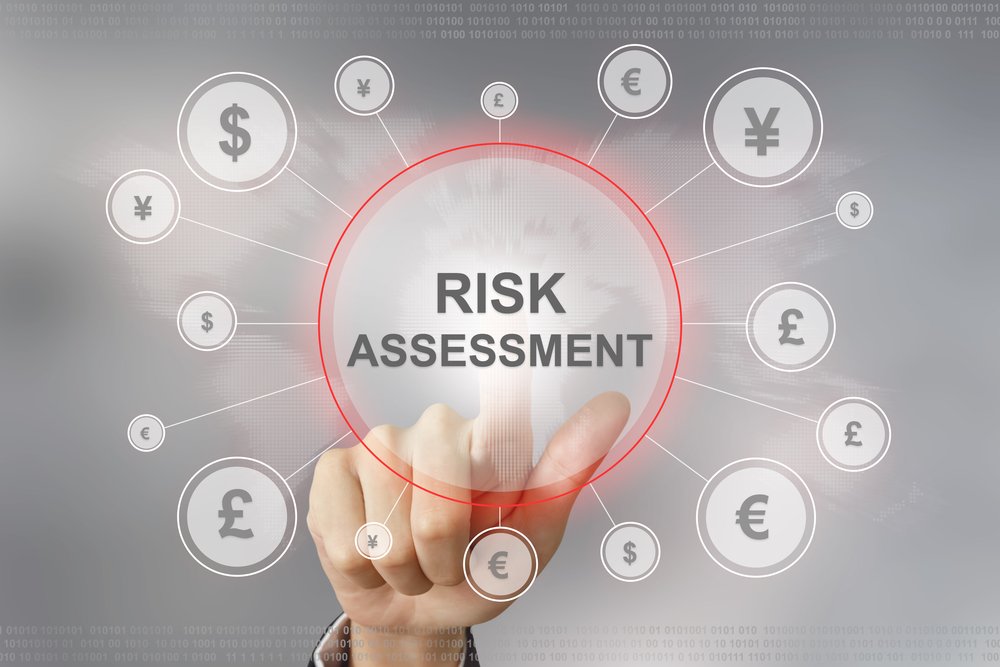The Value of Recognizing the Importance of Risk Management in Numerous Industries

The Core Idea of Risk Management and Its Function
Risk Management, the keystone of many markets, rests on the identification, examination, and reduction of uncertainties in a service environment. It is an integral method that enables organizations to protect their properties, credibility, and total survival. By correctly determining potential threats, services can develop methods to either stop these threats from happening or decrease their effect. The analysis process includes analyzing the possibility and possible intensity of these dangers. As soon as risks have actually been determined and reviewed, the reduction process entails creating methods to minimize their potential influence. This procedure is continuous and intermittent, ensuring that organizations are planned for the ever-changing nature of Risk in different markets. The key function, thus, is to promote durability amidst uncertainties.
Benefits of Executing Risk Management in Service Procedures

Revealing the Function of Risk Management in Different Industries
While every industry challenges its one-of-a-kind set of risks, the execution of Risk Management methods remains a common measure in their search of sustainability and growth. In the medical care field, Risk Management entails ensuring person safety and security and information defense, while in finance, it includes mitigating financial investment threats and making certain regulatory compliance (importance of risk management). Building business concentrate on worker safety, task delays, and spending plan overruns. In the innovation field, business minimize cybersecurity threats and innovation obsolescence. Eventually, the duty of Risk Management throughout markets is to identify, assess, and reduce threats. It is a vital component of strategic planning, allowing organizations to safeguard their great site assets, optimize chances, and attain their goals.
Real-life Instance Studies Demonstrating Successful Risk Management
To comprehend the relevance of Risk Management in these lots of markets, one can want to several real-life circumstances that highlight the successful application of these procedures. In the power sector, British Oil developed Risk mitigation plans post the 2010 Gulf of Mexico oil spill. They applied far better security treatments and more stringent laws which substantially reduced more accidents. In finance, Goldman Sachs successfully navigated the 2008 economic crisis by identifying potential mortgage-backed safeties dangers early. Toyota, post the 2011 earthquake click now in Japan, changed its supply chain Management to minimize interruption dangers. These instances show just how sectors, discovering from situations, effectively applied Risk Management methods to reduce future risks.
Future Patterns and Developments in Risk Management Methods
Cybersecurity, as soon as an outer issue, has actually catapulted to the center of Risk Management, with strategies focusing on discovery, feedback, and prevention. The combination of ESG (Environmental, Social, Governance) aspects into Risk Management is one more expanding trend, reflecting the enhancing acknowledgment of the role that social and environmental threats play in business sustainability. Therefore, the future of Risk Management exists in the fusion of advanced modern technology, ingenious approaches, and a holistic approach.
Verdict
In conclusion, understanding the value of Risk Management throughout a range of industries is essential for their longevity and success. Eventually, successful Risk Management contributes to a lot more resistant and sustainable businesses, highlighting the value of this method in today's vibrant Discover More Here and highly competitive company atmosphere.
While every market faces its special collection of threats, the execution of Risk Management techniques stays a typical denominator in their quest of sustainability and development. In the healthcare industry, Risk Management entails guaranteeing individual safety and information security, while in finance, it involves mitigating financial investment risks and making sure regulative compliance. Ultimately, the role of Risk Management across sectors is to identify, examine, and alleviate risks. These instances demonstrate how industries, finding out from crises, successfully applied Risk Management approaches to minimize future threats.
